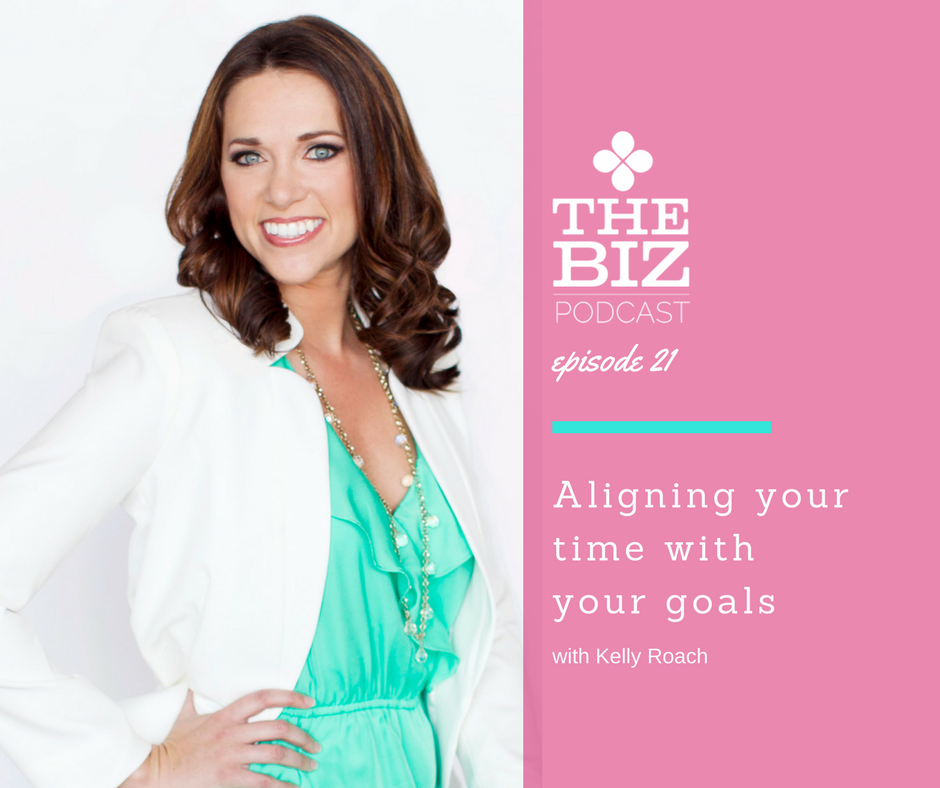Do you know what your why is?
Do you know why people are always asking you if you know what your why is?
Understanding your why helps you make sure that what you’re doing in your business and how you’re communicating with your audience is really working well; it helps you stay on track and motivated.
When you ask most people what their why is, they think along the lines of: why are they a fitness coach/graphic designer, etc. – they are answering what they are doing right now. What their job title is. They are not answering their why in the way that I like to dig in to it, the way Simon Sinek does in his book Start With Why.
Start With Why
Simon Sinek’s book, “Start With Why” digs in to the heart of why your why is important. It explains how your why is beyond your business – it is something that is a part of who you are. Your why has been with you since you were young – and is a thread that ties everything you have done together.
Figuring out your why can actually be quite complicated. You need to dig in far deeper than just into what you do but figure out what is at the heart of the choices you make in life. What inspires you. What makes you feel fulfilled.
For example, I am not a business coach because I want to help business owners make more money and find clarity in their goals, etc. While it is something I want to communicate, it’s not my why.
My Why
My why is: community.
If I look through my entire life I see that I was always the one on the social committee, organizing group events, creating groups to get like-minded people together, etc. I have always enjoyed having people around me who are like-minded and want to celebrate the same things as me. I have always been about bringing people together. My why is: To bring people together in communities of support so that we can all be stronger together.
Why you need to find your why
Once you understand your why, you know what the right goals and choices are for you – and for your business. Making decisions can come back to your why, making it easier to choose.
Remember, your why is more than what you are doing right now – it may be part of it, but it is much more than that.
Once you find out what your motivation is, you will have a compass to help you create the right goals and it will be easier to achieve those goals because they will be more meaningful to you.
Do you know your why? If you don't, I encourage you to check on Simon Sinek's book Start With Why


